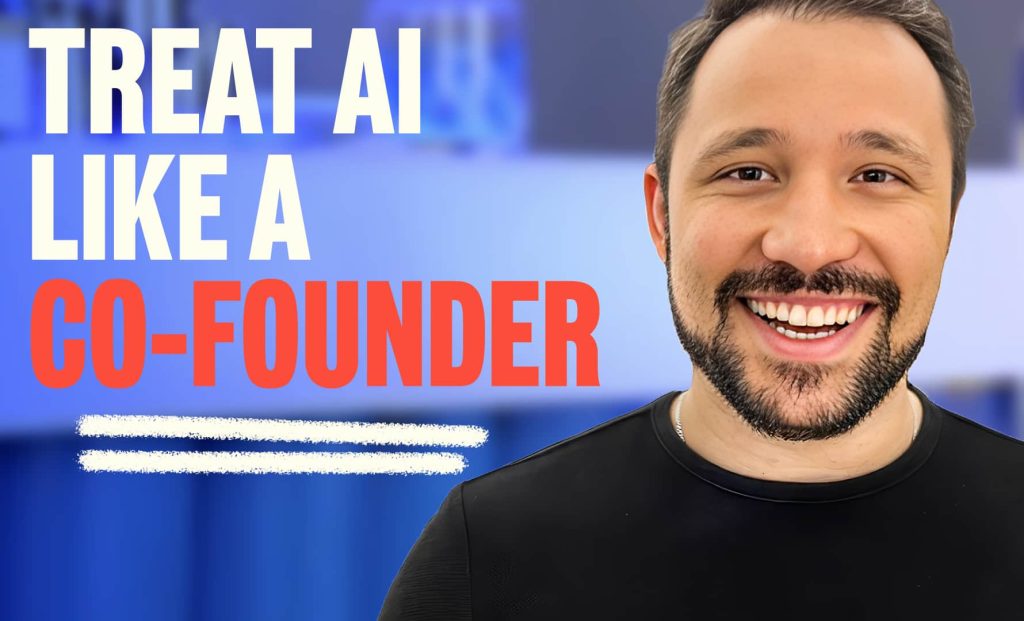how compulsive builder john rush runs 24 products without any employees
John Rush proves that you don’t need a team to build considerable – just curiosity, creativity, and smart systems
Validate through story, not code
Rush has built 24 products, but he has killed hundreds of ideas before they reached code. His method is to test demand through story rather than prototypes.
The longest prompts are the don’ts
Design for freedom, not headcount
Why spread focus across 24 products instead of doubling down on one? For Rush, the answer is freedom.
The future looks bright for…
Beyond this episode: automating for freedom
Watch the full episode of Winning Friends featuring John Rush below.
More from e-Residency
- Sign up for our newsletter
- Watch fresh video content - subscribe to our Youtube channel
- Meet our team and e-residents - register for our next Live Q&A
